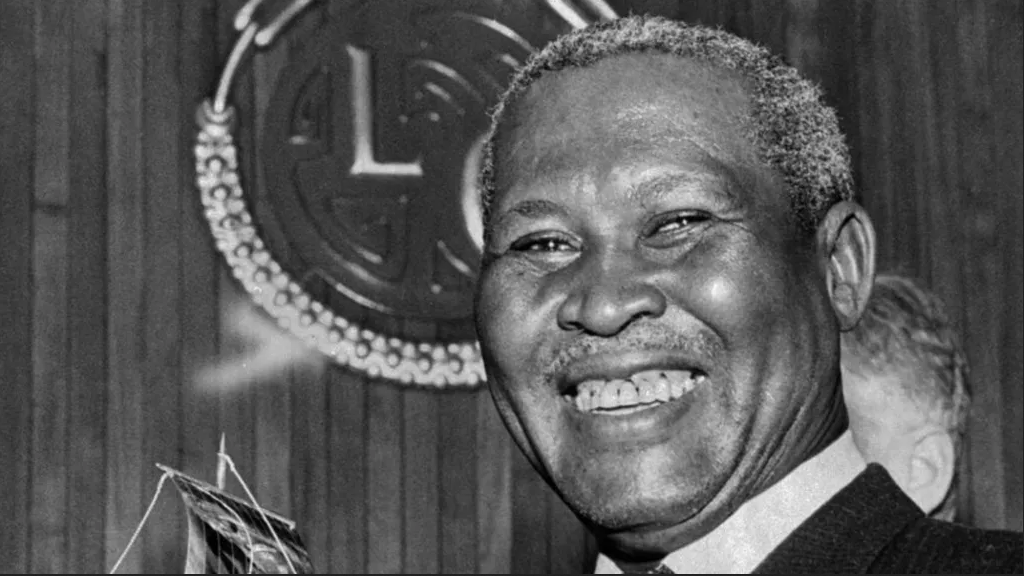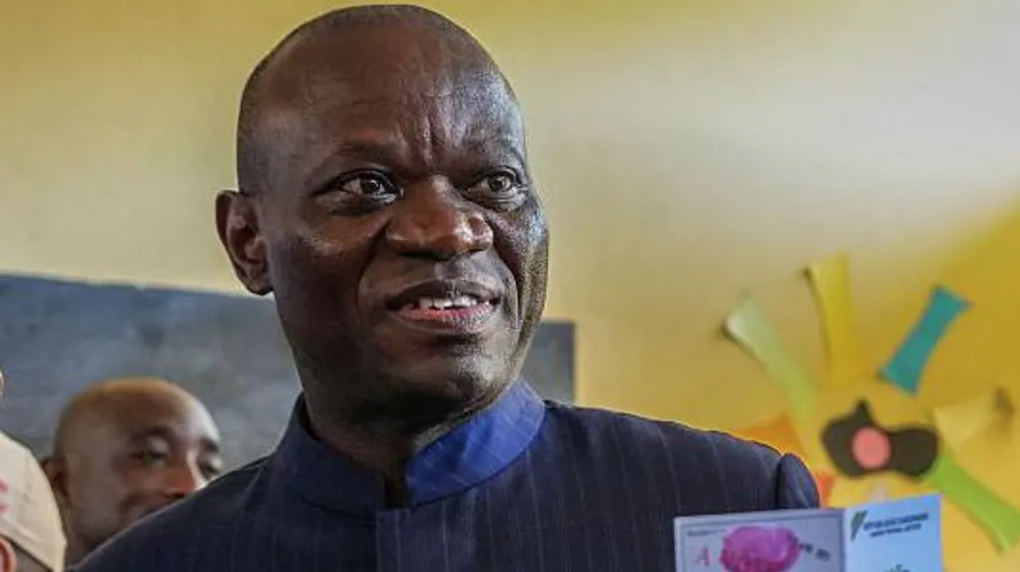As of January 2023, the Mine Engineer’s Certificate of Competency requires a mentor to possess certification from an accredited institution.
It also requires proof that at least five engineers in training are being mentored, in addition to other requirements.
While this may be seen as a hurdle in achieving certification, it can be hugely beneficial, not just for engineers, but for mines as well.
Embracing this new requirement as a positive can make all the difference in shifting mindsets and, in the long term, can help mining engineers further their careers, and mines to improve efficiency, productivity and safety.
RESISTANCE
While mentorship is now one of the criteria for competency certification, many engineers are reluctant to pursue mentorship skills.
Reasons include time for additional responsibilities like mentoring, as well as a lack of incentive or reward for pursuing these goals.
In addition, mining engineers may not have received formal mentoring training, leaving them feeling ill-equipped for the role.
This shift represents a change in the way things have always been done. This resistance to this change, as well as fear of making mistakes or giving bad advice, could hold them back.
Addressing these challenges requires mining organisations to get on board with incentives and recognition for mentors, as well as training and support for mentoring skills development.
The goal should be to create a culture that values mentoring and encourages engineers to take on the role of a mentor.
This will not only help achieve requirements for certification, but will create an environment that encourages learning and development, benefiting both the organisation and its employees.
SKILLS TRANSFER
Mentoring is a critical element in effective skills transfer that helps the next generation of mining professionals to benefit from the knowledge and experience that exists within an organisation.
This helps develop a pipeline of talent to improve business continuity.
It also helps enhance job performance all around, as mentoring can identify areas for improvement and then goals can be set and plans developed to achieve these goals.
Effective mentors are empowered to provide guidance and support to help engineers overcome challenges, learn new skills and achieve their full potential.
But these skills can also help mining engineers themselves by developing leadership skills, including communication, listening and problem-solving, which are essential management skills and important for job progression.
Effective skills in these areas can enhance job satisfaction as well as personal and professional growth.
Mentoring can expose mining engineers to different ways of thinking, which can broaden their horizons and enhance their creativity and innovation, ultimately benefiting their careers as well as the productivity of the mines.
These skills also help build professional networks and relationships that can provide valuable insights, advice and opportunities for career advancement.
SIMPLIFYING TRAINING
Having the right skills around mentoring can help mining engineers become more effective, resulting in satisfied employees, but the fact remains that a certificate of competency is now also a requirement for the Mine Engineer Certificate of Competency.
This must also be awarded by an accredited provider.
By seeking accredited mentorship training programmes offered by reputable institutions, mines can empower their engineers with the guidance they need to complete certification quickly.
This simplifies the training process and, in turn, will help them to mentor effectively, add value to their resumes and demonstrate their commitment to their professional development and the success of their mine.
- Roland Innes is group chief executive officer at Dyna Training
Stay informed with The Namibian – your source for credible journalism. Get in-depth reporting and opinions for
only N$85 a month. Invest in journalism, invest in democracy –
Subscribe Now!










